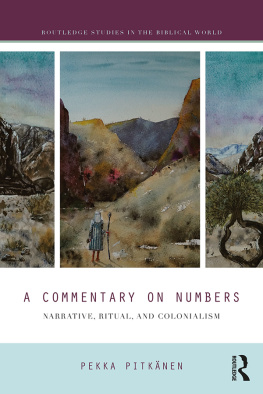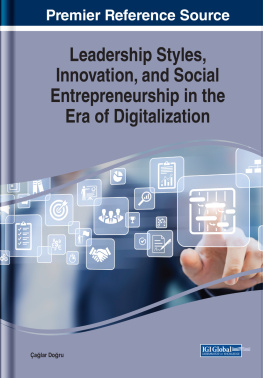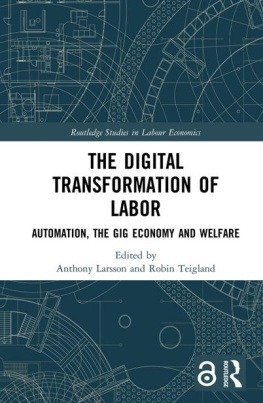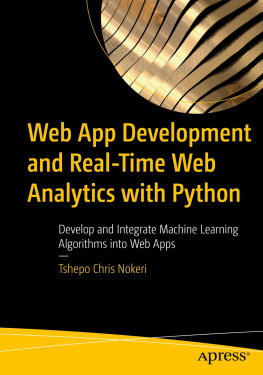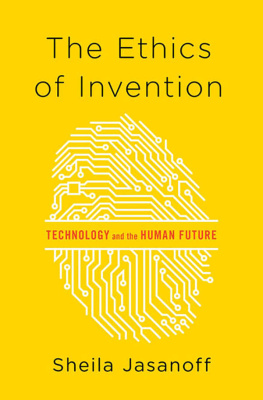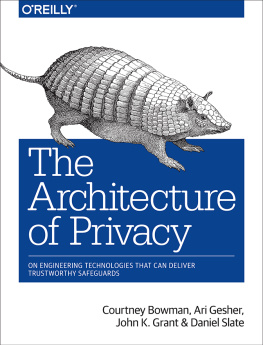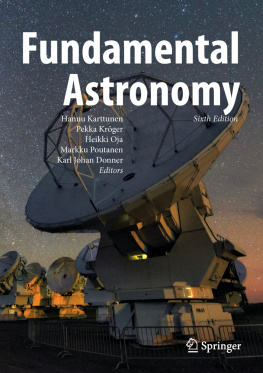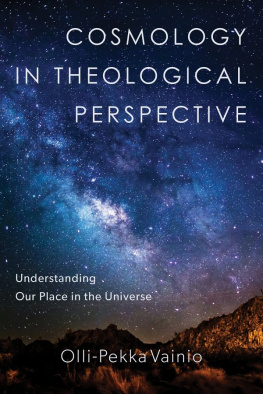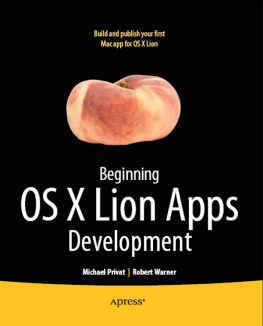
The Almighty
Machine
How Digitalization is Destroying
Everything That Is Dear to Us

First published by Zero Books, 2021
Zero Books is an imprint of John Hunt Publishing Ltd., No. 3 East St., Alresford,
Hampshire SO24 9EE, UK
office@jhpbooks.com
www.johnhuntpublishing.com
www.zero-books.net
For distributor details and how to order please visit the Ordering section on our website.
Pekka Vahvanen 2020
ISBN: 978 1 78904 898 8
978 1 78904 899 5 (ebook)
Library of Congress Control Number: 2021932920
All rights reserved. Except for brief quotations in critical articles or reviews, no part of this
book may be reproduced in any manner without prior written permission from the publishers.
The rights of Pekka Vahvanen as author have been asserted in accordance with the Copyright,
Designs and Patents Act 1988.
A CIP catalogue record for this book is available from the British Library.
Design: Stuart Davies
UK: Printed and bound by CPI Group (UK) Ltd, Croydon, CR0 4YY
Printed in North America by CPI GPS partners
We operate a distinctive and ethical publishing philosophy in
all areas of our business, from our global network of authors to
production and worldwide distribution.
Contents
Guide
How can I believe that digitalization is destroying everything that is dear to us if I use a computer to write a book? Many have leveled that question after hearing the subtitle of this one. To those gnawing on the issue, I answer thus: even a soldier bogged down in the hell of battle might think that weapons destroy everything that is dear, but he nonetheless employs his machine gun in defense of himself and his land. Literary self-defense against the destructive force of computers is most effectively accomplished with the computer.
Modern technology provides power and dominion. Abstaining from it is therefore difficult when everyone else is using it. If I didnt exploit the word-processing function of the computer or gather information from the internet, penning a book would be slower and more laborious. Set against history, computers havent made books any better. The book once held a far more substantial place in our culture. They brought more joy and thought to human life than they do now. Fifty years ago at least they were still read considerably more than they are today, despite perhaps not always being subjected to the meticulous rigor that computers bring to editing.
On a purely numerical level, technology can generate a competitive edge, but that doesnt automatically mean society or culture is better on the whole. Streamlining things rarely enlivens the experiential world of the individual or cultivates happiness. For the human, the past few centuries have seen the good parts of technological progress triumph over its bad; with technology weve pulled ourselves out of shortage, hunger, and the cold. The digital revolution, however, no longer improves the conditions in which we live.
This is why I have asserted that life overall would be better had the whole machine never been invented. My own life, though, would be worse had Mika Maliranta never been invented. I engaged him regularly in conversation on the necessity of progress, the development of artificial intelligence, and technological unemployment. I recall us on every occasion being in disagreement. Mika Kukkonen has also made the world a more enjoyable place to live, and he made this book somewhat better with his highly insightful comments on the manuscript. I want to thank Risto Heiskala as well for taking me in as his doctoral student in the summer of 2014. He provided invaluable conversational guidance for my writing both prior and after. Signs that the thesis is moving forward are still nowhere to be seen, but a bit of the mental work that went into it has found new light in this book.
I also want to thank several others who offered assistance over the course of its composition. They are Mona Moisala, Riikka Kmppi, Juha Nurmi, Minna Ruckenstein, Erka Koivunen, Juha-Matti Grding, Sari Sarani, Matti Apunen, Juhana Vartiainen, Theodore Kaczynski, Sonja Saarikoski, Heikki Ervasti, Tanja Nuotio, Reijo Aarnio, Niina Junttila, Juho Toivola, Michael Laakasuo, Pekka Appelqvist, Torsten Groschup, Teppo Sillantaus, Hannu Hallamaa, Mari Kapanen, Maiju Lempinen, Kati Laukkanen, and many more.
Additionally, there will always be a special place in my heart and a debt of gratitude for those who stood behind the writing of a young guy in the midst of the uncertainty and angst swarming around the tasks of getting into university and finding a job. That guy, whose youth has already passed, hereby dedicates this book to Laura Saarikoski, Seppo Pnklinen, and Pekka Lakka.
It goes without saying that all errors possibly present in the book are the fault of machines.
Lappeenranta 31 August 2018
Pekka Vahvanen
On Technologys Terms
But lo! Men have become the tools of their tools.
Henry David Thoreau
One must go forward step by step further into decadence.
Friedrich Nietzsche
Technology is worshiped more intensely than any god. There is hardly holier writ in our time than the necessity of digitalization. Its believers are the billions infatuated with their smartphones and inextricable from the net. Its believers are politicians on both sides of the aisle who see technological advancement as the only way to keep their country alive.
All proclaim one liturgy: we must further Artificial Intelligence (AI) in order to ensure success among international competition. We must digitize primary education so that our children can study with modern methods. We must become a digital citizenry so that in the future we can stand on our own without anyones help.
Our faith in technology is powerful because it has saved us in the past. From the Enlightenment onward, the worlds most cherished ideologies have expounded the notion of social progress. Technology has remained a condition for the forward advancement we hold as inevitable, and something science-fiction author Arthur C. Clark called indistinguishable from magic. The Industrial Revolution took off at the end of the eighteenth century and launched humanity from its place at the subsistence level into unseen prosperity. The late nineteenth and twentieth centuries made the magic of technology part of our daily existence everyone now had the sorcery to travel from place to place rapidly and talk with people on the other side of the planet.
Our belief in the benevolence of technology, however, is beginning to flirt with gimbal lock. Technology is no longer a force that molds society into something better, and this book is an examination of how advancement has managed to depart from its intended course. We are endowed already with too much progress, and it no longer contributes to our well-being. The things that once powered us toward a brighter tomorrow are now undermining our purpose.
A quiet opposition to the satiating nature of technology has begun to take shape. Intels research division, IntelLabs, conducted a survey that showed 61 percent of young adults feel technology is making the world less humane. The responses from eight nations indicate how more than anyone, the millennial is troubled by the undesirable sides of tech.
We have indulged in the joys of social media, but we have also become drenched in its deleterious effects. The aversion to meeting and being with each other just grows as internet messaging makes communication easier. The subtle nuances of face-to-face interaction and our capacity for empathy get crowded out in internet conversation. Social media is a wellspring of fabricated happiness where the constant comparison with others performance and appearance breeds feelings of insufficiency. Research links time spent on Facebook with unhappiness, and it shows that just setting it aside allows satisfaction with life to increase.
Next page

